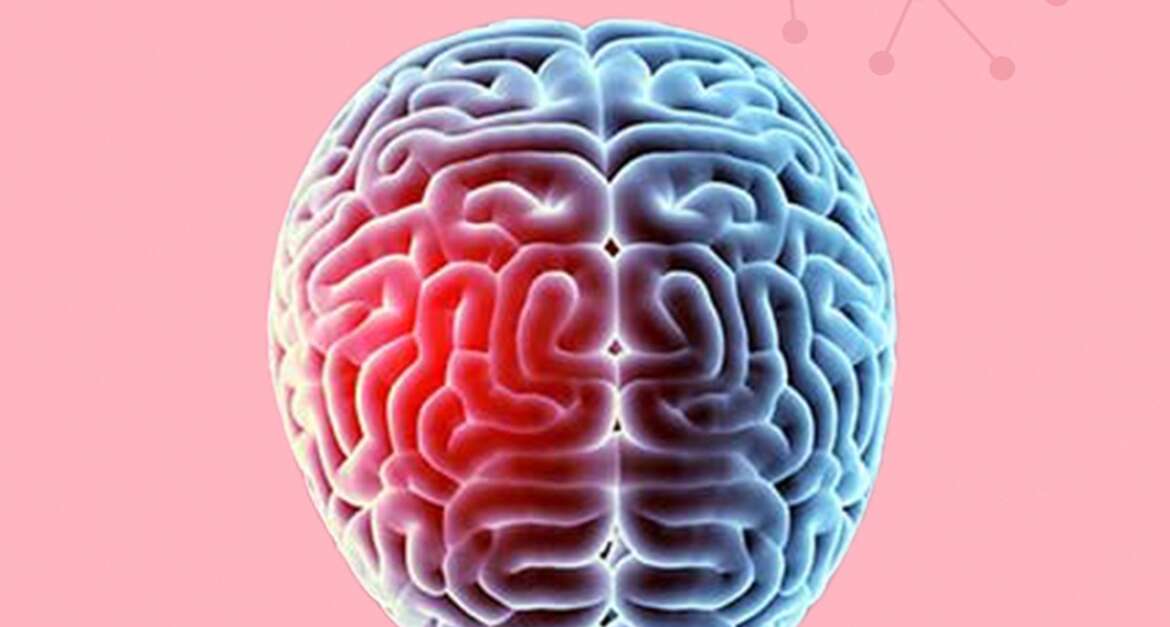Brain Trauma or Traumatic Brain Injury
Traumatic brain injury, or TBI, can occur when the head is struck. A gunshot wound, for example, is piercing, while car accidents involve non-penetrating injuries.
The severity of traumatic brain injuries varies. TBIs generally heal within days, but more severe forms of the injury can result in permanent damage or even death.
Causes
You may experience changes in your brain’s chemical and energy use after a violent, hard hit to the head. These changes can cause headaches, light sensitivity, and confusion. These changes are temporary and do not permanently affect the brain in mild TBIs. These changes can last longer with more severe injuries and result in brain damage. These conditions can cause the brain to swell and expand inside the skull. This can cause even more brain damage.
Symptoms
The severity of a TBI can determine how severe the symptoms are. Loss of consciousness (passing out) after a blow is a crucial symptom. Others are in a coma or persistent vegetative state (dazed for some time or unresponsive for long periods).
Mild TBIs can cause a range of symptoms, the majority of which occur right away or within a few days of the injury. Symptoms of an illness can sometimes be felt only after returning to work or school.
The following are signs of a TBI:
- Mood or behavior changes.
- Problems with memory or confusion.
- A seizure or convulsion.
- A dilated pupil or blurred vision.
- Fatigue, dizziness, or fainting.
- There are headaches.
- Symptoms include nausea and vomiting.
- A feeling of restlessness or agitation.
- Light sensitivity and olfactory sensitivity.
- Oversleeping or undersleeping.
- Talking in a slur.
TBIs in infants and children can also cause:
- Cry nonstop and be inconsolable.
- Refuse to consume food, drink, or breastfeed.
DIAGNOSIS: What is the diagnosis of a traumatic brain injury (TBI)?
- As your healthcare provider examines you, they will ask you about your symptoms. In addition, they will want to learn more about how the injury occurred. Depending on the degree of your damage and signs, you might:
- Neurological evaluation: A neurologist (a specialist in the brain) assesses your memory, thinking, motor function (balance, reflexes, and coordination), and sensory function (hearing and vision).
- Imaging tests: CT scans and MRIs check for bleeding and swelling in the brain.
- Testing blood: The Banyan Brain Trauma IndicatorTM (BTI) determines if any proteins in your blood indicate concussion or mild TBI.
TREATMENT
- A traumatic brain injury (TBI) is managed or treated in what ways?Mild to moderate TBIs may only require minimal treatment. A short period of rest may be necessary while you receive care. You should feel better within a few weeks.People with severe TBI may require hospitalization and more intensive treatment.TBIs of any grade may be treated with:
- Supportive counseling for emotional well-being. Stress and worries about recovery are every days. Getting back to work and hobbies may prove more difficult than expected. Therefore, counseling in conjunction with other medical treatments is often beneficial.
- Intracranial hemorrhage or swelling of the brain may be treated with surgery.
- Rehabilitation includes physical, occupational, and speech therapy.
- Ask your doctor how long you should rest after a TBI. In some cases, one or two days of rest may be required before returning to typical activities after a TBI. Severe head injuries may require prolonged rest.
- They are resuming normal activities. If people rest too long after mild head injuries, they may have more difficulty returning to work, school, and other activities. Continuing activities too soon can aggravate more severe injuries. Discuss your options with your doctor.
The treatment aims to alleviate your symptoms and improve your quality of life. In the case of severe head injuries, some effects may gradually improve over time.
PRESCRIPTION
What can I do to prevent a traumatic brain injury?
- TBIs aren’t always preventable. Sometimes they occur as a result of accidents or falls. However, you can avoid some incidents that cause TBIs by taking these steps:
- Review your prescription and over-the-counter medications, including supplements, with your doctor or pharmacist. Be aware of which ones may cause dizziness, sleepiness, and a higher risk of falling. Change your medications if necessary.
- Keep your vision clear: Make sure you get regular eye exams so you can see clearly enough to prevent falls—light your way at home with good lighting.
- Remove tripping hazards from your home: Rugs. Use handrails on stairs and in the bathtub. Install safety gates on stairs and window guards on high windows for families with children. Keep toys and pets away from children.

